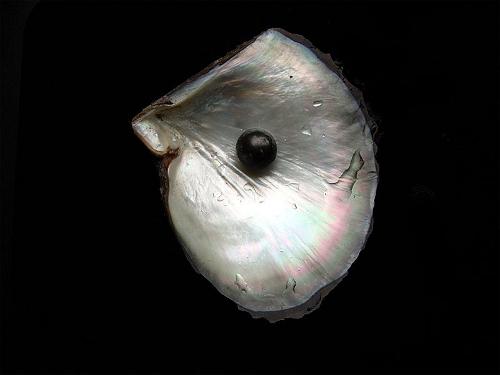The new president Milos Zeman of the Czech Republic can already be seen to desire to guide the young democracy in a new direction from his two predecessors. He has already expressed a desire to have a primarily left-wing cabinet. His first meeting with the government over foreign policy objectives was expected to be tense, went rather smoothly; reaching an accord on many unsettled issues. He has in fact already invited the EC president over to Prague, where they will hoist the EU flag proudly over the castle; an act which his predecessor Klaus continually denied to do so. In the castle the president will sign the EU stability mechanisms finally concluding the ratification process. The EU sees this as a positive step toward improving the strained relations between the Czech Republic and Brussels. He has also declared that the fight against terrorism is one of highest priorities of for the Czech Republic regarding foreign policy. He has not made his position clear as regard to Russia but it is clear that he does not share the same pro-russian sentiments of his predecessor Klaus. It is clear that the election of this new president will herald a more pro-European direction for the Czech Republic.
The years in which president Klaus was in power was one defined by friction between his right winged nationalistic views and the leftist desire for a more pro-European approach. He had denied to sign the ESM (European stability mechanism) calling it “horrible and absurd.” President Zeman however will now sign the ESM in April alongside the prime minister. This signifies a change of attitude in Czech politics, perhaps casting a more unifying and less conflict driven political scene.
The role of unifier has been one that president Zeman has expressed he wishes to fill. He desires to not only be pro-EU but also nationalistic, a stance that will prove difficult considering the strong sentiments on both sides of the political spectrum. However, it is being viewed favourably by the EU government in Brussels and sees in this president a catalyst toward a more progressive and unified Europe. After all, any change from the strong anti-European sentiments of Klaus can only be seen as a positive step forward by the west.
His stance on further prioritizing the war on terrorism is also being viewed favourably by western NATO countries. These sentiments can only help relations between the Czech Republic and the U.S, perhaps even leading to an increase Czech troop presence in Afghanistan and further co-operation with regarding anti-terrorist security measures being implemented by western countries. His predecessor Klaus though he regarded terrorism as a danger, treated it from a nationalistic perspective. The new president Zeman though can only signify through such statements that he desires the Czech republic to move toward the west rather than the east.
President Zeman’s stance on Russia has not been expressly clear but his pro-western attitude will only lead to some friction between Prague and Moscow. One case can already be seen in the contest between US and Russia interests for the Temelin nuclear power station in Czech republic; whose bid the US seems to be currently the most promising. Although, the president has no direct power to rule over who wins the bid, it can only be assumed that his sentiments would be more approving of a winning US bid. This move although not very significant in itself further signifies that the Czech Republic seeks to drift from central to Western Europe.
The Czech republic is a young democratic state that has only had three presidents from its inception and since the fall of the “iron curtain” and the velvet has struggled between Eastern and western sentiments. The first two presidents sought to keep the Czech Republic politically in the same place as its geographical position, in the centre of Europe. The new president Zeman though signifies a change in this attitude and even in the general policy of the Czech Republic. The “pearl” of Europe now seems to desire to be less isolated and more European. A position which may run in conflict with some political sentiments that reside within the current but can only be viewed as a progressive step forward by the EU and US. However, the future is uncertain but one can assume that there will be many changes in store for this young republic.
published: 29. 5. 2013







